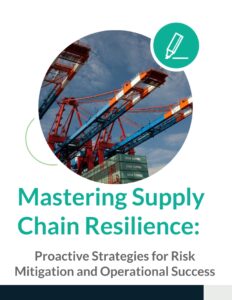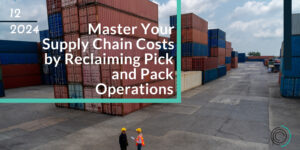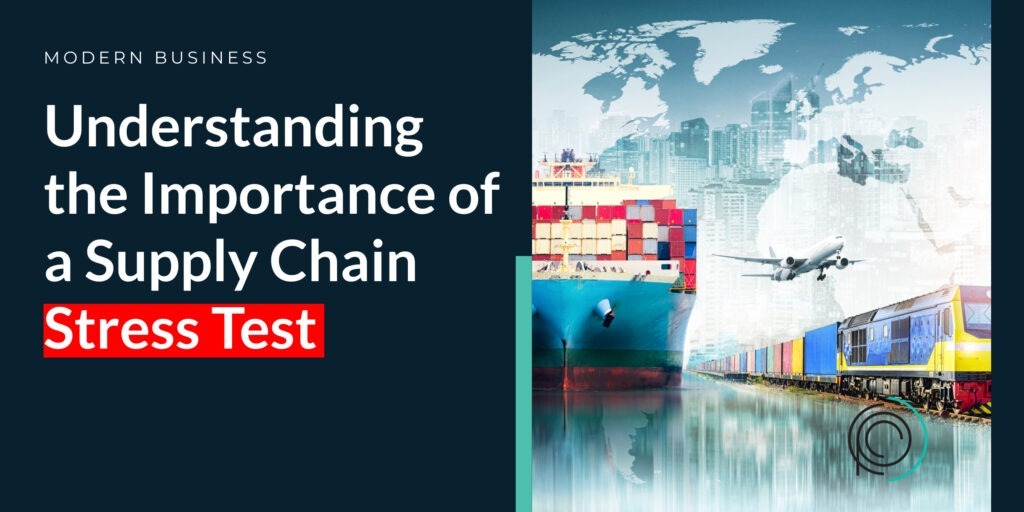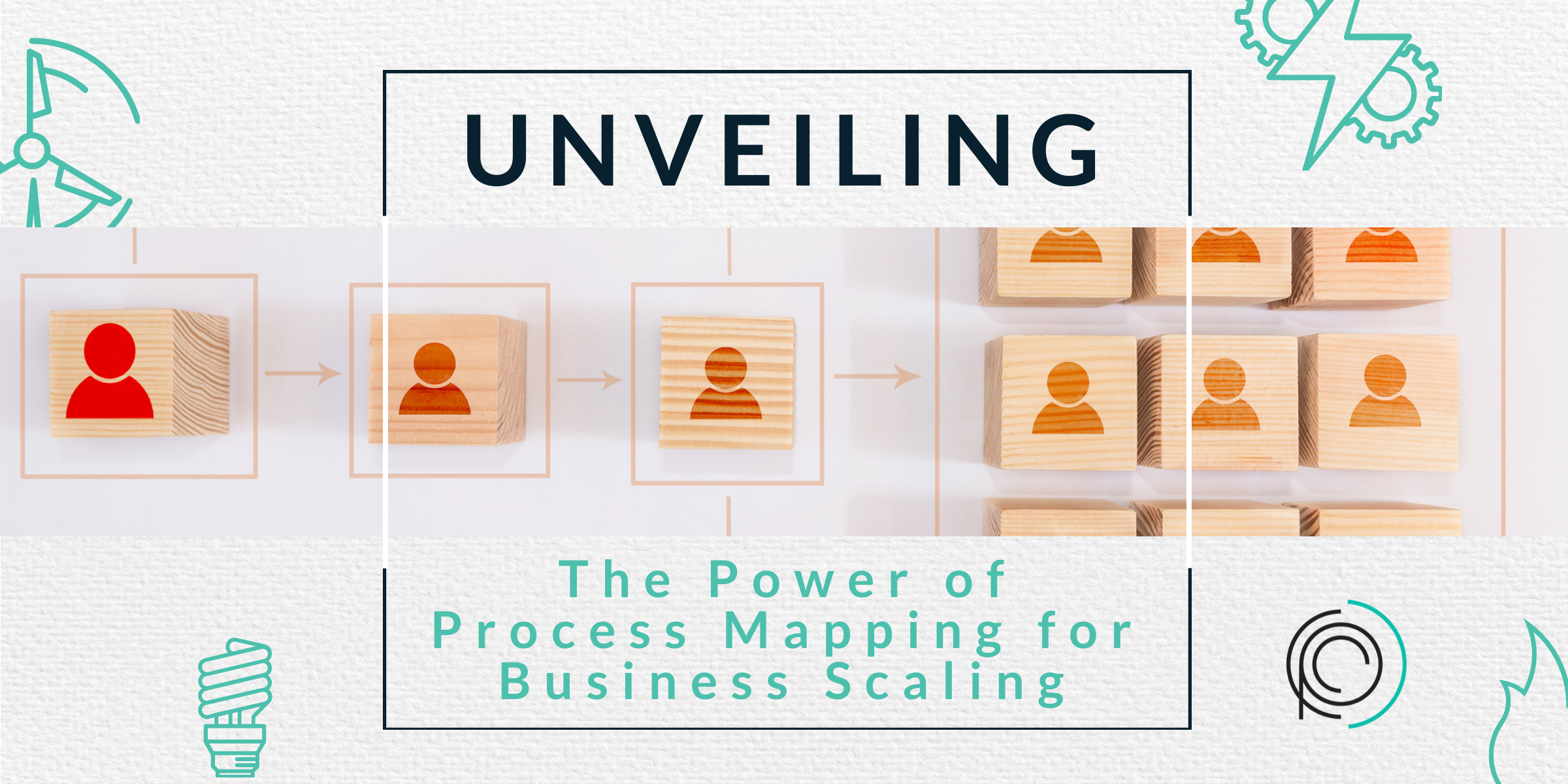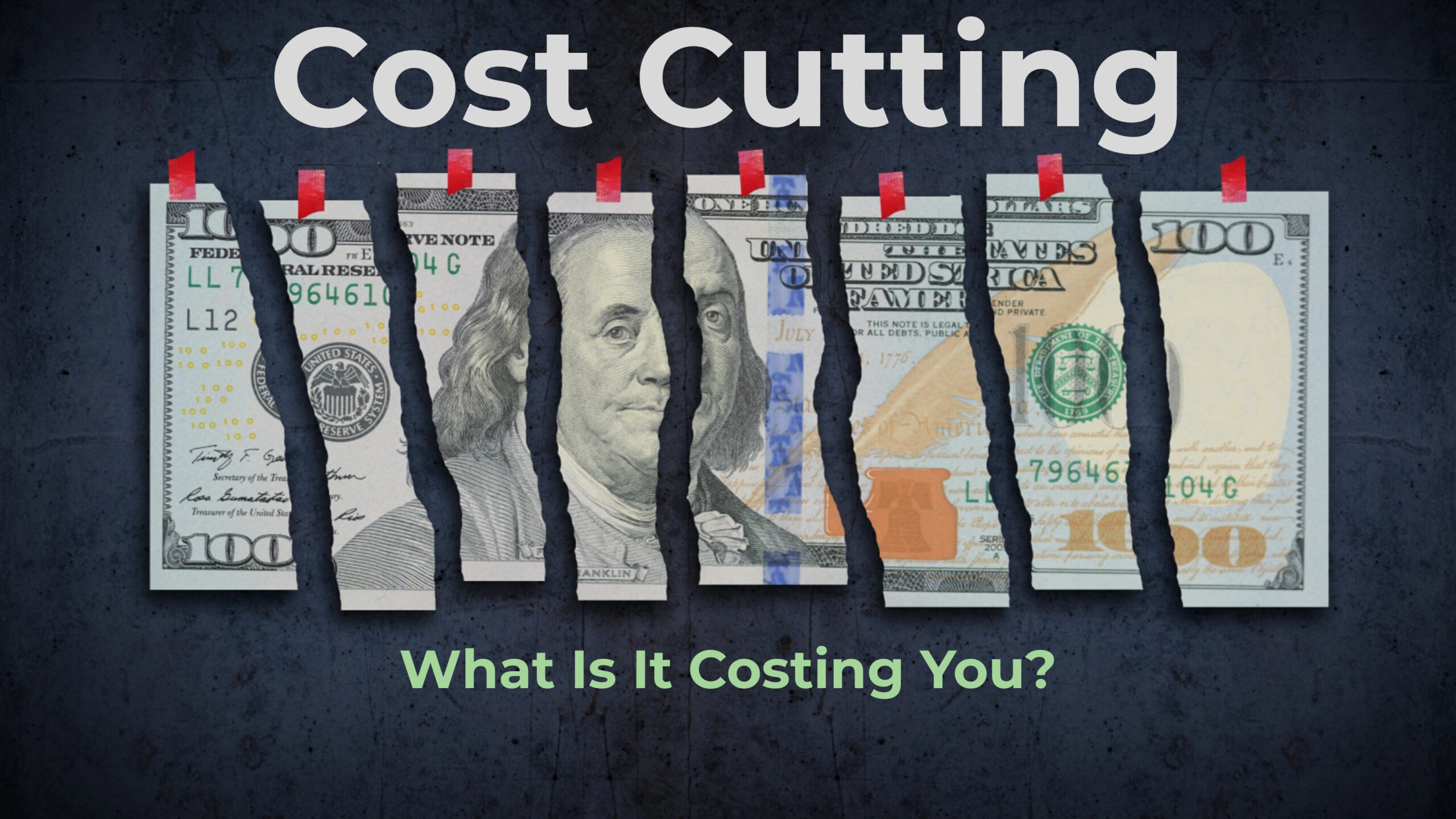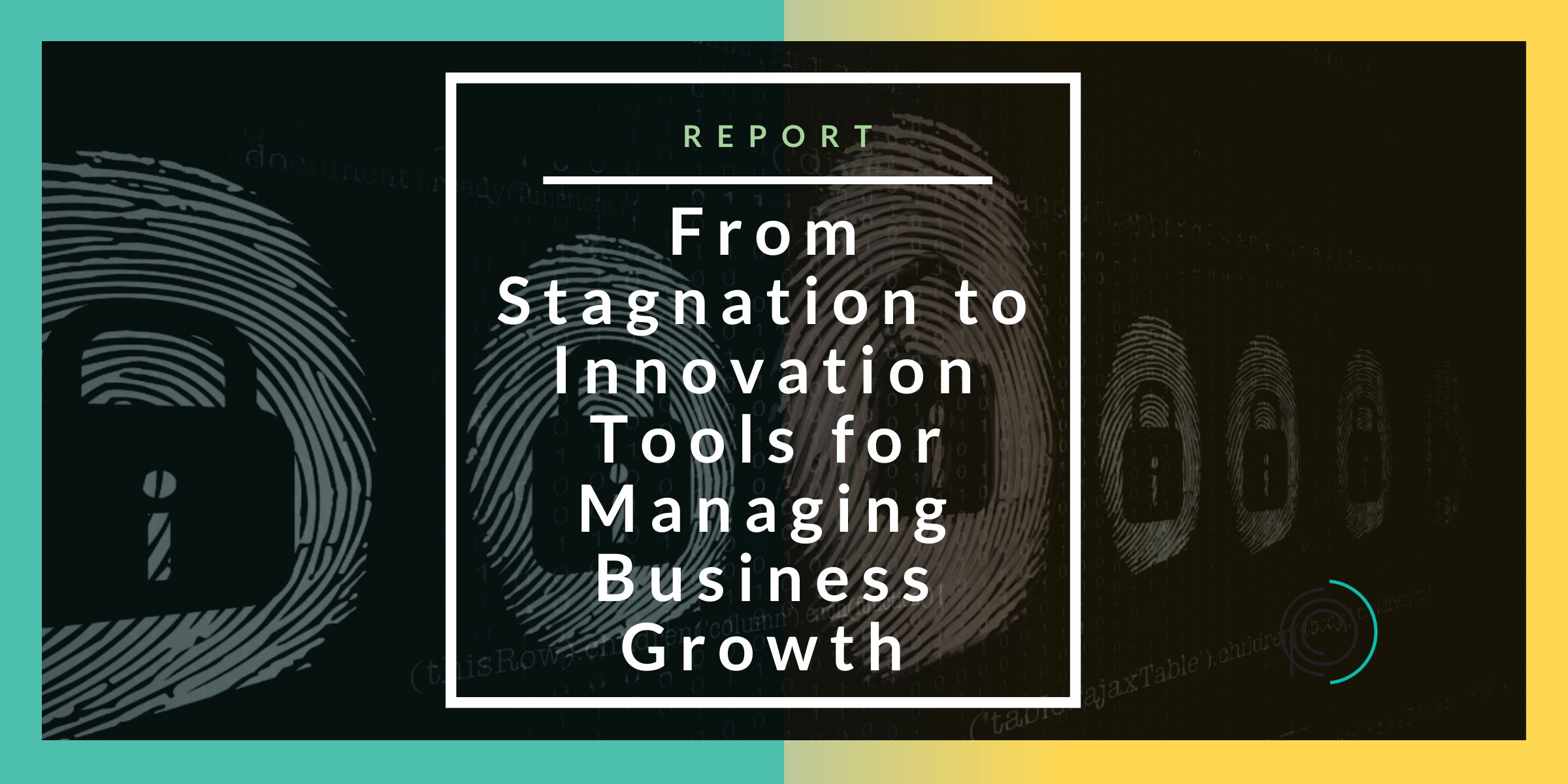Reshaping Resilience: How Technology is Transforming Supply Chain Challenges into Opportunities
The supply chain industry has faced significant challenges over the last two decades, primarily due to the slow pace of technology adoption and the need for modernizing business processes. In this period, the global supply chain has been playing catchup, struggling to meet increasingly complex demands. The COVID-19 pandemic has exacerbated this situation, disrupting almost every aspect of daily life, with the supply chain industry being particularly hard hit. An industry that was already showing signs of fracture was pushed beyond its limits, plunging manufacturers, merchants, and consumers into a highly stressed environment. This unprecedented pressure has forced businesses worldwide to critically reassess their supply chain structures and devise innovative strategies to tackle emerging challenges.
The pandemic has underscored the fragility of global supply networks, highlighting how easily they can be disrupted by unforeseen events. Consequently, businesses are now prioritizing the development of more resilient and flexible supply chains capable of withstanding such disruptions. This involves a comprehensive review of existing supply chain structures and the identification of key vulnerabilities that could potentially cripple operations. By understanding these weak points, companies can create effective contingency plans that enable them to remain operational in the face of adversity.
One effective strategy for enhancing supply chain resilience is conducting a supply chain stress test. This involves simulating various crisis scenarios to evaluate how well the supply chain can cope under different types of pressure. The aim is to identify potential bottlenecks and weaknesses before they cause real-world issues. Such proactive measures are essential in an era marked by constant uncertainty, where factors such as rising inflation and global disruptions pose ongoing challenges to supply chain stability.
Given the myriad of challenges facing the industry today, the critical role of technology adoption in overcoming these obstacles has become strikingly clear. By leveraging cutting-edge technologies, businesses can significantly streamline their operations, boost overall efficiency, and vastly improve communication throughout the entire supply chain. Technologies such as blockchain stand out for their ability to ensure unparalleled transparency and security in transactions, while AI and machine learning are revolutionizing the field with their capacity for predictive analytics, allowing for more informed decision-making and forecasting. Furthermore, the integration of IoT devices offers real-time monitoring of goods, enhancing logistical operations and inventory management. Together, these technological innovations present a comprehensive suite of solutions that address many of the pressing issues currently faced by the supply chain industry, promising not just to mitigate these challenges but to propel the industry toward a more efficient and transparent future.
As we navigate through these turbulent times, it is clear that the supply chain industry must continue to evolve and adapt. By acknowledging the lessons learned from recent disruptions and taking steps to fortify their supply networks, businesses can better prepare themselves for the “new normal” and ensure their survival in an increasingly volatile global market.
The concept of a supply chain stress test might seem novel to many, but for businesses aiming to evolve towards a more resilient and effective supply chain structure, it’s absolutely essential. In this discussion, we delve deeper into what exactly a supply chain stress test entails, uncovering its significance in today’s ever-changing business landscape. Furthermore, we explore why conducting such a stress test is crucial for identifying vulnerabilities within a supply chain and how it can lead to a myriad of benefits, including improved efficiency, reduced risks, and a stronger, more adaptable supply chain framework.
A supply chain stress test is an invaluable technique employed by businesses to pinpoint weak points and vulnerabilities within their supply chain infrastructure. This method involves the creation of a detailed digital twin model of the supply chain, which serves as a mirror to real-world operations, allowing businesses to simulate various challenging scenarios. By leveraging this digital twin technology, companies are equipped to rigorously assess how their supply chain would react under different circumstances.
These simulations are comprehensive, covering a range of potential events such as natural disasters like earthquakes or hurricanes, economic downturns that lead to a decrease in consumer spending, or global epidemics that can halt production lines and disrupt logistics. Through these detailed simulations, the process meticulously identifies the critical steps and strategies that are essential to stabilize the supply chain, ensuring its resilience against potential threats.
Moreover, this proactive approach enables businesses to not only react to immediate challenges but also to plan for long-term sustainability by implementing robust strategies that safeguard against future disruptions. In essence, conducting a supply chain stress test is a strategic move toward building a more resilient and responsive supply chain that can withstand the pressures of an ever-changing global landscape.
The benefits of conducting a supply chain stress test are not only significant but can be pivotal for the survival and success of a business. For instance, one of the primary advantages is the substantial reduction in the likelihood of supply chain disruptions. By proactively identifying the vulnerable areas within the supply chain before any actual crisis or disruptive event occurs, businesses can implement necessary precautions. These precautions might include increasing inventories to buffer against potential shortages, finding alternative production sites to avoid geographic risks, or diversifying supplier bases to reduce dependency on a single source.
Moreover, stress testing serves as a catalyst for continuous improvements within the supply chain management processes. Through a detailed analysis of potential weaknesses and pinpointing process inefficiencies, businesses are in a better position to formulate strategies that enhance resilience and efficiency. This ongoing process not only helps in smoothing out operational hiccups but also contributes to developing a supply chain that can withstand unforeseen challenges. In essence, stress testing the supply chain is an invaluable exercise that enables businesses to create a robust framework for managing and mitigating risks, ensuring long-term sustainability and competitive advantage in the market.
The ongoing global pandemic has starkly illuminated numerous vulnerabilities within international supply chains, resulting in considerable inefficiencies and widespread disruptions. One of the most glaring examples has been the acute shortage of essential medical supplies and pharmaceuticals, a predicament that has posed significant challenges in numerous countries across the globe. This situation underscores a critical lesson for the business world: reliance on historical trends for supply chain management is no longer viable in today’s rapidly changing environment.
To mitigate the risks of future disruptions, companies must go beyond conventional strategies. Developing comprehensive risk scenarios and conducting thorough supply chain stress tests are imperative steps. These measures will enable businesses to identify potential points of failure and implement strategic interventions. By doing so, companies can enhance their resilience against unforeseen events, ensuring a more robust and reliable supply chain capable of withstanding the tests of an unpredictable global landscape.
Continuous improvements are essential to the supply chain industry, given that external factors such as market changes and political instability can have significant impacts. Factors like these can significantly impact operational efficiency, leading to diminished production rates. If these issues are not addressed in a timely and proactive manner, they can escalate, causing disruptions in the workflow. Over time, this can strain resources and logistics, potentially leading to the breakdown of the entire supply system, affecting not just the immediate production but also the overall market supply chain.
In the modern business environment, characterized by rapid changes and uncertainty, conducting a supply chain stress test becomes a crucial step for identifying inherent weaknesses within supply chains. This comprehensive process allows businesses not only to pinpoint vulnerabilities but also to develop robust contingency plans, significantly enhancing the resilience and efficiency of their supply chain operations. Utilizing advanced digital twin models, businesses have the opportunity to simulate a wide array of potential scenarios. These simulations are invaluable, as they provide insights into how the supply chain would perform under various stress conditions, enabling companies to preemptively adjust their strategies and operations. Consequently, this proactive approach facilitates a more agile and responsive supply chain, better equipped to handle the challenges of the modern market landscape and ensure uninterrupted operations, even in the face of unforeseen disruptions.
A well-executed supply chain stress test does more than just offer businesses peace of mind; it equips them with the necessary insights to prepare for and navigate through challenging situations. In an era where disruptions are increasingly common across the globe, the importance of prioritizing the management of such risks and uncertainties cannot be overstated. These disruptions can range from natural disasters and geopolitical tensions to technological failures and pandemics, all of which can severely impact the flow of goods and services.
The development of comprehensive risk scenarios and conducting thorough supply chain stress tests for essential products are crucial steps toward achieving resilient and reliable supply chains. These tests help businesses understand how their supply chains might perform under various stressful conditions, allowing them to identify potential bottlenecks or vulnerabilities in their operations.
Moreover, supply chain stress tests are invaluable tools within the supply chain industry, enabling businesses to pinpoint weaknesses and devise effective strategies to mitigate risks. These strategies may include diversifying suppliers, increasing inventory levels of critical components, or investing in more flexible logistics solutions. By taking proactive measures based on the insights gained from stress tests, businesses can enhance their resilience against disruptions, ensuring continuity and reliability in their operations.
In conclusion, supply chain stress tests play a pivotal role in the modern business landscape, offering a systematic approach to managing the unforeseen challenges that global supply chains face today. Let us assist you in conducting a comprehensive supply chain stress test. Book a consultation with one of our supply chain specialists today and take the first step towards fortifying your supply chain against potential disruptions.
